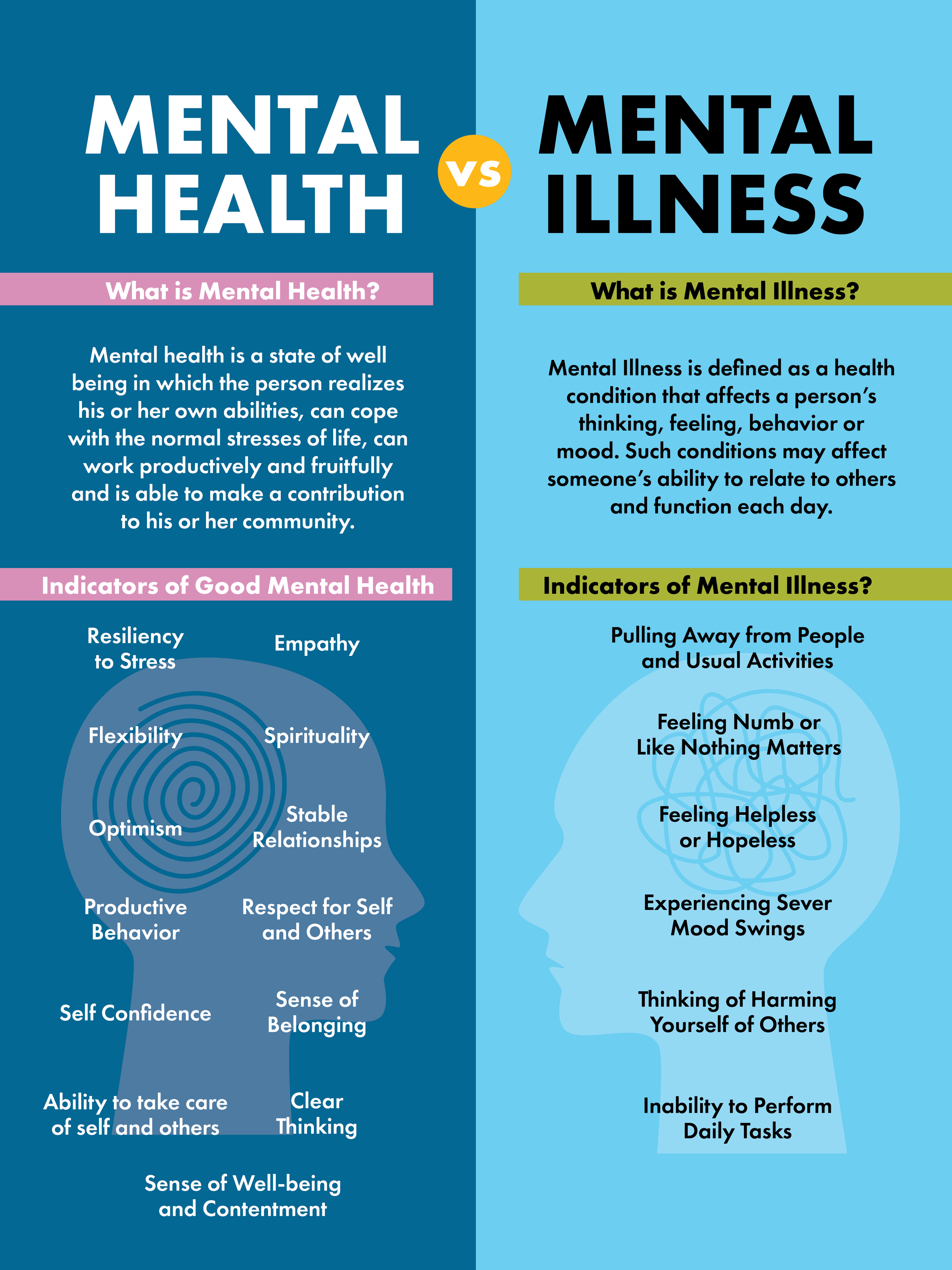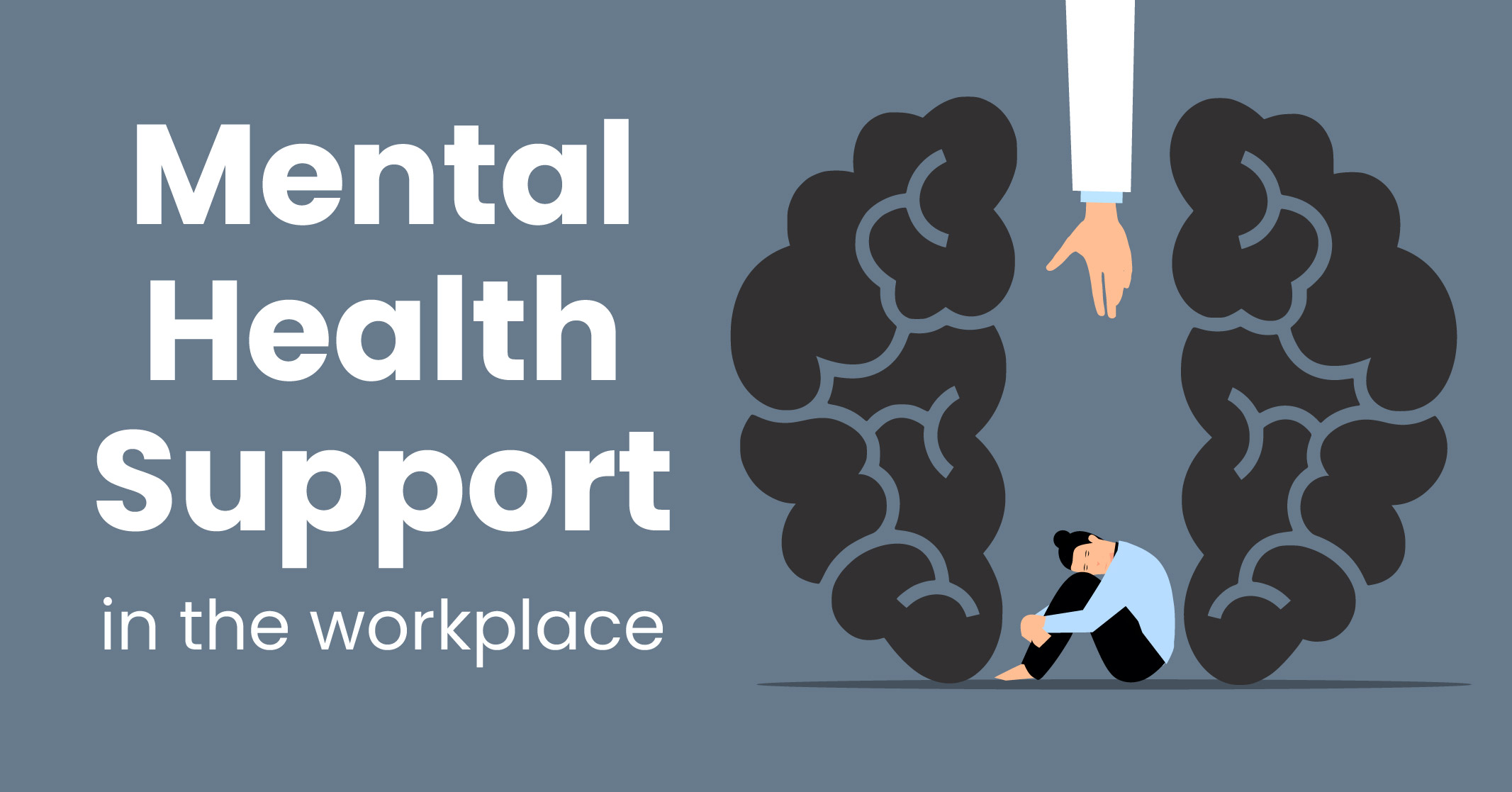Discovering Mental Health Services That Meet Your Personal Journey
Discovering Mental Health Services That Meet Your Personal Journey
Blog Article
Inpatient Mental Wellness Solutions: A Course to Healing and Stability
Inpatient mental wellness services play a vital duty in dealing with intense mental crises, using a carefully structured setting that fosters healing and security. These services not only encompass extensive assessments and personalized therapy plans yet also provide constant accessibility to therapeutic treatments and clinical support. The relevance of this approach extends beyond immediate relief, recommending a transformative influence on long-term mental wellness. Nevertheless, the intricacies of the admission procedure and the importance of aftercare raise crucial questions about ease of access and efficiency in the more comprehensive context of mental wellness treatment. What implications might these factors have for individuals seeking assistance?
Understanding Inpatient Mental Health Services
Inpatient mental wellness solutions are vital for offering extensive and structured care to people experiencing serious mental distress or mental disorder. These solutions commonly include the admission of people to specialized centers where they get round-the-clock guidance and support from a multidisciplinary team of mental health specialists. The main objective of inpatient care is to support clients, ensuring their safety and security and attending to acute signs and symptoms that may position a threat to themselves or others.
Inpatient programs commonly include an array of restorative interventions, consisting of individual and team therapy, medicine monitoring, and psychoeducation. The structured setting is developed to advertise recuperation by supplying a constant routine, decreasing external stress factors, and facilitating the development of dealing techniques.
Admission to inpatient solutions is typically taken into consideration when outpatient treatment choices have verified not enough or when a client remains in dilemma. Facilities may vary in terms of their particular emphasis, with some specializing in specific conditions such as anxiety, depression, or compound usage. Via thorough assessments and tailored treatment plans, inpatient mental health and wellness services aim to give the essential assistance for people to reclaim security and prepare for a transition to less extensive degrees of treatment.
Advantages of Inpatient Treatment
The benefits of inpatient treatment are considerable, especially for individuals encountering severe mental wellness obstacles. Inpatient treatment gives an organized environment that fosters recuperation by reducing stressors and distractions connected with life. This regulated setup allows people to focus only on their psychological health, facilitating the essential time for healing.
In addition, inpatient care offers 24/7 accessibility to therapeutic and clinical support. This consistent accessibility makes certain that clients can obtain instant attention during crises, which is critical for those experiencing extreme episodes - Inpatient Mental Health Facility. The joint strategy among medical personnel, consisting of nurses, therapists, and psychoanalysts, improves the high quality of care and advertises an extensive therapy strategy customized to individual needs
Furthermore, the common facet of inpatient treatment fosters a sense of belonging and assistance amongst people. Group therapy sessions and shared experiences can ease sensations of seclusion, encouraging individuals to take part in their healing proactively.
Additionally, inpatient programs commonly offer individuals with essential coping techniques and skills that can be testing to create in outpatient setups. By addressing underlying issues within a supportive framework, inpatient care can lead to much more stable outcomes and a smoother transition back to daily life, eventually paving the course to sustained recuperation.
Treatment Methods and Therapies
Numerous therapy strategies and treatments are utilized in inpatient psychological health solutions to deal with the unique requirements of each person. These methods are designed to promote recuperation and advertise emotional stability in a structured setting.

Cognitive Behavior Modification (CBT) is an extensively utilized strategy, assisting people in identifying and modifying negative thought patterns that add to their mental health problems - Inpatient Mental Health Program. Dialectical Behavior Modification (DBT) is an additional efficient approach, particularly for those with borderline individuality disorder, concentrating on psychological policy and social effectiveness
Pharmacotherapy plays an essential role in therapy, with psychological drugs recommended to take care of symptoms of conditions such as depression, schizophrenia, and stress and anxiety. Regular tracking and adjustments guarantee the efficiency of these drugs while minimizing side effects.
Team therapy cultivates a feeling of area and support among people, allowing them to share experiences and coping methods. In addition, all natural treatments, such as art and songs therapy, promote self-expression and emotional healing.
Ultimately, the combination of these diverse healing methods provides an extensive treatment plan tailored to each individual's certain requirements, aiming to improve their overall well-being and help with a successful transition back into day-to-day life.
The Admission Refine
Browsing the admission procedure for mental health and wellness services is a vital primary step toward recovery. This process typically starts with an analysis carried out by a mental health professional. Throughout this examination, the individual's mental wellness background, signs, and instant needs are extensively checked out. This detailed evaluation assists see here determine the ideal degree of care and ensures that the client gets tailored therapy.
When the assessment is completed, the following step involves going over the potential treatment alternatives. The private and the treatment team collaboratively select the very best course of activity, which may include inpatient treatment if the situation is considered extreme. This is adhered to by the conclusion of necessary documents, consisting of insurance coverage confirmation and consent types, to make certain that all financial and legal aspects are attended to.
In addition, family members participation may be encouraged during this stage to give support and gather point of views on the individual's scenario. Ultimately, the admission process intends to create a encouraging and safe environment for the individual, permitting for a smooth transition into inpatient care. By recognizing and participating in this process, individuals can take a crucial action towards attaining psychological wellness security and recovery.

Aftercare and Ongoing Support
After completing an inpatient mental health and wellness program, people frequently encounter the crucial job of transitioning to aftercare and ongoing assistance, which are essential for sustained recuperation. This phase is important for strengthening the abilities and coping systems found out throughout the inpatient stay, making sure that people remain to progress in their mental wellness trip.
Aftercare generally includes a mix of outpatient therapy sessions, support teams, and medicine management. Taking part in routine therapy permits people to resolve ongoing difficulties and establish strategies to handle stress factors in their daily lives. Support system provide a sense of neighborhood and common experience, promoting connection and understanding amongst peers encountering comparable battles.
In addition, ongoing support might consist of family members participation, where enjoyed ones are educated about mental health issues and urged to participate in the recuperation procedure. This all natural technique produces a robust support network, enhancing the person's opportunities of lasting stability.
Eventually, continuous and aftercare assistance function as a bridge in between inpatient treatment and independent living, empowering people to browse their psychological health difficulties with resilience and self-confidence. Focusing on these resources is important for fostering a sustainable recovery trajectory.
Conclusion

Inpatient mental wellness services play an essential duty in attending to acute emotional crises, supplying a very carefully wikipedia reference structured setting that fosters recovery and security.Inpatient psychological health solutions are important for giving extensive and structured treatment to people experiencing serious mental distress or psychological disease. Via extensive analyses and tailored therapy strategies, inpatient mental wellness services intend to give the needed assistance for individuals to gain back stability and prepare for a shift to much less intensive levels of care.

Report this page